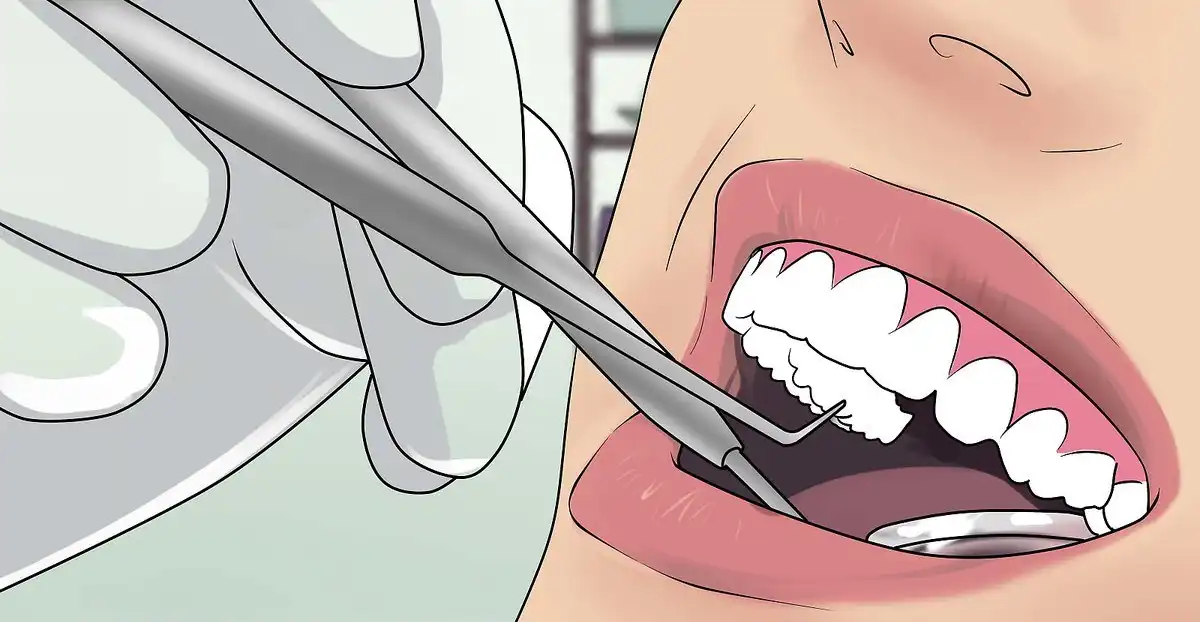Pediatric Oral Resistome: In one of a kind experiment, researchers have analyzed the oral resistome development and even performed its genomic investigation. This is basically done to check genes that confer antimicrobial resistance (AMR).
What is Pediatric Oral Resistome?
The pediatric oral resistome refers to the collective set of antibiotic resistance genes (ARGs) present in the oral microbiota of children.
Antibiotic resistance is a growing problem in healthcare, and the oral microbiota has been identified as an important reservoir of ARGs that can be transferred to other bacterial populations, including potential pathogens.
Dental caries is a common oral disease caused by the acid-producing bacteria that inhabit dental plaque.
Antibiotics are often prescribed to treat dental infections, and the emergence of antibiotic-resistant strains of bacteria can complicate treatment and increase the risk of treatment failure.
The use of antibiotics can also disrupt the normal balance of the oral microbiota, leading to an overgrowth of harmful bacteria and an increased risk of dental caries.
Several studies have investigated the relationship between the pediatric oral resistome and dental caries.
These studies have shown that children with a higher abundance of ARGs in their oral microbiota are more likely to have dental caries.
This may be due to the fact that antibiotic-resistant bacteria are more resistant to the natural defenses of the oral microbiota, making them more likely to survive and cause disease.
In addition to the direct effects of antibiotic resistance on dental caries, the use of antibiotics can also indirectly contribute to the development of dental caries.
Antibiotics can disrupt the normal balance of the oral microbiota, leading to an overgrowth of harmful bacteria that produce acids that can erode tooth enamel and cause cavities.
Overall, the pediatric oral resistome is an important factor to consider in the development and treatment of dental caries.
Reducing the unnecessary use of antibiotics, promoting good oral hygiene practices, and maintaining a healthy oral microbiota may help to reduce the prevalence of antibiotic-resistant bacteria and decrease the risk of dental caries.
About the study
As children grow older, the oral microbiome diversity tends to increase. In the current study, researchers simply analyzed up to 530 oral metagenomes from 221 Australian twins.
They further analyzed and demonstrated the presence of ARGs in their oral microbiome. They further examined the development of oral resistome including the functional and taxonomic association in addition to the mobilization potential of ARGs.
The researchers showed how it mainly changed the composition with other microbiome constituents over the first decade of life and in response to changes in oral health, e.g., dental caries and placement of restorations.
Result
Out of the 221 twins 124 were female and the rest were males. The study conducted above showed that oral resistome of these children played a significant role in AMR imbalance and transmission. At the same time, it was also found to be inherently dynamic.
Reference(s):
- Sukumar, S. et al. (2023) “Development of the oral resistome during the first decade of life”, Nature Communications, 14(1). doi: 10.1038/s41467-023-36781-w. https://www.nature.com/articles/s41467-023-36781-w
Further Reading
Excessive Use of Antibiotics May Trigger Inflammatory Bowel Disease (IBD): Studies
